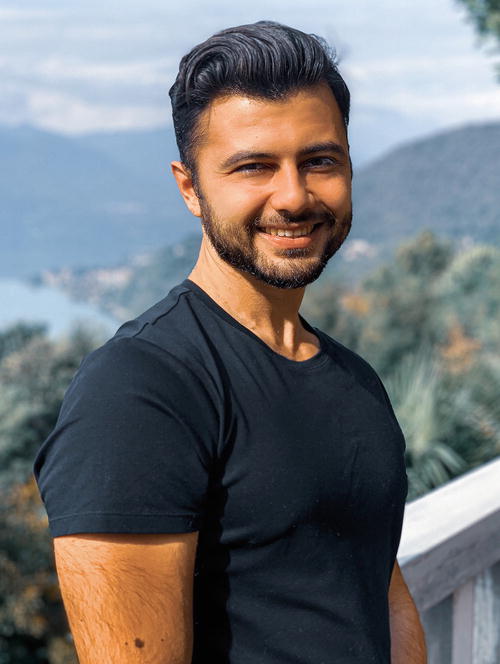Applied Neural Networks with TensorFlow 2
API Oriented Deep Learning with Python
1st ed.
I dedicate this book to my overcurious dad, Lutfi – who kept sneaking into the study room to see how far I was into the book – and to my mom, Ayşe, for always supporting and encouraging me.
I would also like to thank my friend, Enes, for encouraging me to write this book in the first place.
Finally, I would like to thank my sister and brother, Merve and Kürşat, and all my friends who supported me throughout the whole process – all the way – till the last word.

This book was written during a global lockdown due to the Covid-19 pandemic, which created a new normal that I have never experienced before. Writing a book in the middle of a global crisis was a very intense experience, and I was uncertain about taking this responsibility for a long time. Thanks to my family and friends, I was able to complete the book even earlier than scheduled. Now I am glad that I accepted Aaron’s invitation, who guided me throughout the whole process. Thank you very much for reaching out to me in the first place and making it possible to have this book written.
I would like to thank Jessica Vakili for coordinating the entire project and for being there whenever I needed. I would also like to thank Vishwesh Ravi Shrimali for reviewing every single line of the book and providing me with all the valuable comments, which helped to improve the quality of the book tremendously.
Being surrounded with people who all have a positive attitude made this experience very fruitful, and I am looking forward to working with them in the future. Thank you all very much!


You can visit Orhan’s personal web page at
Also feel free to connect with Orhan on Linkedin at
graduated from BITS Pilani in 2018, where he studied mechanical engineering. Since then, he has worked with BigVision LLC on deep learning and computer vision and was involved in creating official OpenCV AI courses. Currently, he is working at Mercedes Benz Research and Development India Pvt. Ltd. He has a keen interest in programming and AI and has applied that interest in mechanical engineering projects. He has also written multiple blogs on OpenCV and deep learning on LearnOpenCV, a leading blog on computer vision. He has also coauthored Machine Learning for OpenCV4 (second edition) by Packt. When he is not writing blogs or working on projects, he likes to go on long walks or play his acoustic guitar.